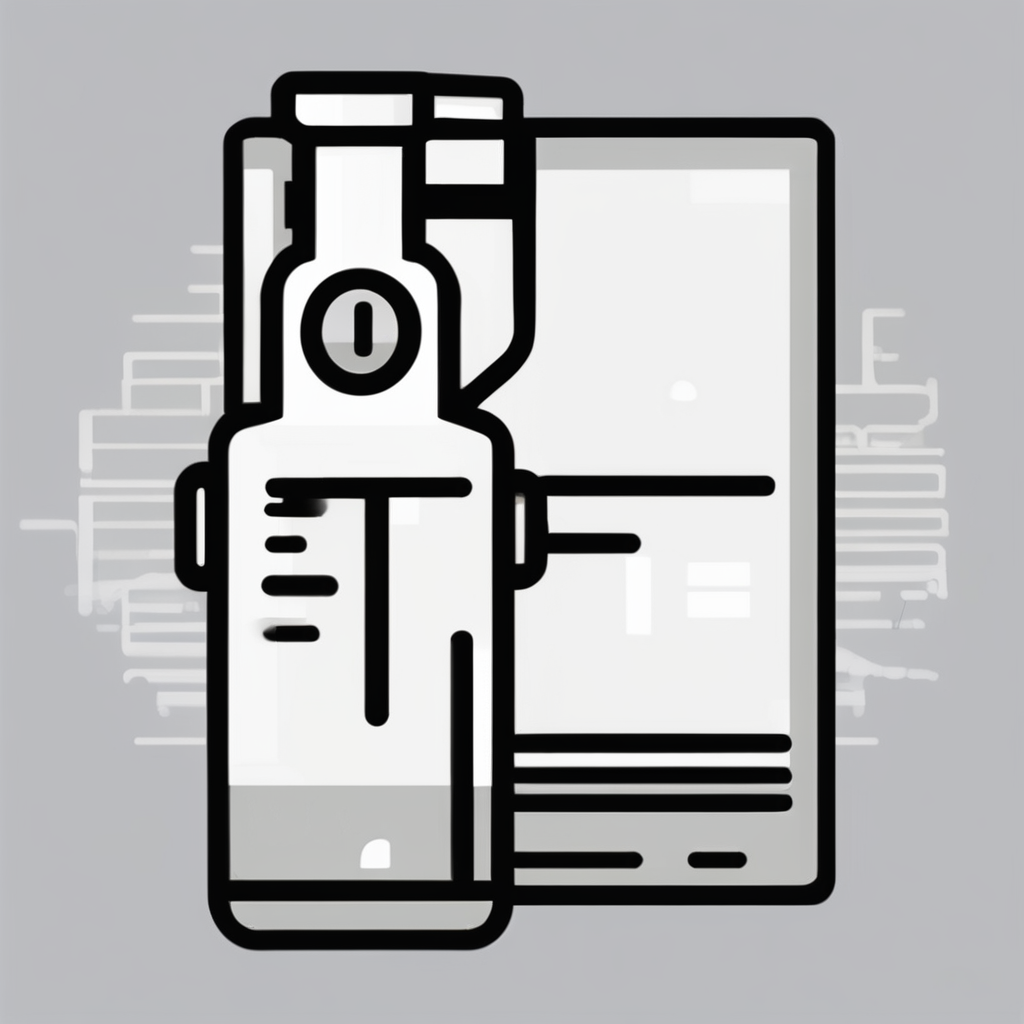Addressing Common Ethical Challenges in UK Healthcare
Ethical challenges in UK healthcare frequently arise from the need to balance patient autonomy with professional responsibility. One common ethical dilemma involves consent and capacity, especially when patients lack the ability to make informed decisions. Healthcare professionals must carefully assess mental capacity to ensure respect for autonomy while providing appropriate care.
Cultural diversity adds complexity to these ethical challenges in UK healthcare. Varying beliefs about treatment and family roles can lead to disagreements about care plans, requiring sensitive negotiation and understanding. Additionally, legal frameworks, such as the Mental Capacity Act, guide decision-making but may present conflicts when cultural values differ from legal standards.
In the same genre : What Inspires Health Professionals in the UK?
Organisational pressures also influence ethical choices. For instance, limited resources can force difficult decisions about prioritising patients, raising questions of fairness and justice.
Examples of ethical issues include end-of-life care decisions, where disagreements may occur between families and clinicians regarding treatment withdrawal. Another typical scenario is handling confidential information, balancing patient privacy with the duty to protect public health.
Have you seen this : What impact does Brexit have on the recruitment of UK health professionals?
Addressing these common ethical dilemmas requires continuous education and support, fostering an environment where healthcare professionals can confidently navigate complex situations while upholding ethical standards.
Understanding Key Laws, Policies, and Professional Guidelines
In the UK, healthcare law sets the foundation for ethical healthcare practice. Crucial statutes such as the Mental Capacity Act ensure patients’ rights and autonomy are respected, particularly around consent and decision-making. Additionally, data protection legislation mandates how sensitive patient information is stored and shared, reinforcing confidentiality and trust.
Professional standards like the General Medical Council (GMC ethical guidance) and Nursing and Midwifery Council (NMC code) provide detailed frameworks on expected conduct. These codes emphasize respect, honesty, and patient-centred care, guiding practitioners through complex ethical dilemmas.
Non-compliance with these laws and codes can have serious consequences, including legal action, loss of professional registration, and damage to one’s reputation. Healthcare professionals must stay informed about evolving policies to maintain high-quality care and uphold public trust.
By integrating UK healthcare law with professional codes, practitioners can navigate ethical challenges confidently, supporting both patient safety and professional integrity. Understanding these guidelines is essential to delivering ethical and lawful care that aligns with best practices and preserves patient dignity at every interaction.
Applying Structured Decision-Making Frameworks
Structured decision-making frameworks offer clear, step-by-step guides for addressing ethical challenges in healthcare. Among these, well-known models such as the Four Principles approach—focusing on autonomy, beneficence, non-maleficence, and justice—provide a solid foundation for ethical decision-making. Using such healthcare frameworks ensures that decisions are balanced and respect all relevant values.
When facing an ethical dilemma, applying ethical decision-making models involves systematically identifying the problem, gathering information, considering possible actions, and evaluating those alternatives against ethical standards. This process promotes transparency and consistency, helping practitioners avoid impulsive or biased choices.
To further support ethical analysis, tools like ethical grids and decision aids can be invaluable. These instruments map out the consequences and stakeholder perspectives to clarify options. Incorporating such resources into clinical practice facilitates thoughtful reflection and helps practitioners navigate complex issues confidently.
By following structured frameworks, healthcare professionals can make well-reasoned decisions that uphold moral principles and improve patient outcomes, demonstrating a practical and principled approach to ethical dilemmas.
Balancing Patient Care, Autonomy, and Confidentiality
Striking the right balance between patient autonomy and optimal care is a cornerstone of ethical healthcare. Respecting autonomy means acknowledging patients’ rights to make informed decisions about their treatment. Achieving this involves thorough informed consent processes, where clinicians clearly communicate risks, benefits, and alternatives. This empowers patients while supporting best practice.
Confidentiality often poses challenges when duty to share information arises. Professionals must navigate situations where disclosing patient information could prevent harm to others. In such cases, ethical guidelines and legal frameworks guide decision-making, prioritizing both patient trust and safety. Transparency with patients about limits to confidentiality helps maintain this trust.
Complex consent scenarios, such as those involving diminished capacity, require sensitive capacity assessments. These assessments ensure patients retain decision-making rights or that surrogate decisions align with the patient’s values. Proper documentation and multidisciplinary collaboration strengthen these processes, safeguarding autonomy and care quality.
Overall, integrating best practice in patient autonomy, confidentiality, and consent is essential to uphold respect, trust, and safety within healthcare.
Seeking Advice, Support, and Continuing Education
Understanding when and how to seek support for healthcare professionals is crucial for navigating ethical dilemmas effectively. Clinical ethics committees serve as invaluable resources, offering expert guidance on complex decisions. They provide a confidential space where healthcare practitioners can discuss concerns without fear of judgment, ensuring decisions align with ethical standards.
In addition to committees, consultations with senior colleagues deepen ethical insight by sharing practical experiences. This peer support complements formal resources, creating a well-rounded approach to ethical challenges.
Reflective practice is another cornerstone for building ethical competence. Regular reflection allows healthcare professionals to analyze their decisions and emotions, fostering continuous learning. It encourages awareness of personal biases and promotes patient-centred care.
Ongoing professional development is essential. The UK offers numerous training resources and courses focused on healthcare ethics, from workshops to online modules. These opportunities keep staff updated on evolving ethical frameworks and legal requirements, strengthening decision-making skills.
Engaging with ethics through structured learning and support systems enhances confidence, promotes ethical sensitivity, and ultimately improves patient outcomes. Prioritizing these avenues equips healthcare professionals to face ethical challenges with clarity and resilience.
